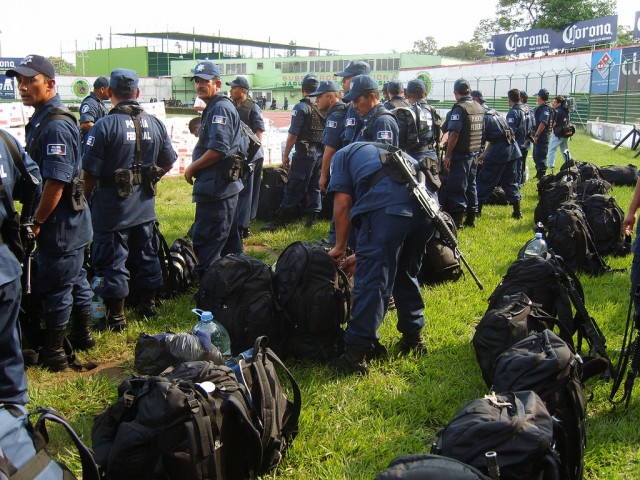
Latin America: Week in Review, Mexico, North America
Mexican Federal Police Implicated in Student Killings
December 15, 2014 By Staff
Top Story — Federal authorities in Mexico appear to have participated in the September attack on a group of teacher trainees in the state of Guerrero, contrary to prior government claims, according to an investigation released Saturday by Proceso magazine.
Proceso’s investigation reportedly uncovered state documents that show federal police officers knew the attack was ongoing and even shot at the students as they travelled on several buses toward a protest event in Iguala, Guerrero. After that attack, 43 of the students were turned over to a local gang, who reportedly killed them and incinerated their remains.
The version of events set out in Proceso’s reporting, The Huffington Post noted, contradicts the account long offered by the administration of President Enrique Peña Nieto, which has focused on the role of local officials in the students’ disappearance, casting Iguala’s then-mayor José Luis Albarca and his wife as the chief architects of the crime.
In the course of the investigation into the students’ disappearances, Peña Nieto dispatched federal police officers — members of the same agency accused by Proceso of involvement in the attack — to maintain security in Iguala.
Peña Nieto has also proposed dismantling local police forces across the country, replacing them with state-level units while expanding federal authorities’ powers to intervene.
Analysts have expressed skepticism about that plan, in part because Proceso is not the first outlet to suggest that federal authorities may have been involved in the disappearances. Francisco Goldman wrote in The New Yorker that local journalists say the military is intimately aware of happenings in Guerrero, casting doubt on the account that federal forces were caught unawares by the attack. The assertion that federal forces were ignorant of the attack is especially peculiar given the fact that they took place just 100 yards from a military barracks, argued Richard Roman and Edur Velasco Arregui for NACLA. That base’s commander, Roman and Velasco continue, was at a party thrown by Iguala mayor Albarca’s wife during the time of the attack.
As of Sunday night, Mexico’s government had not issued a response to Proceso’s reporting. Meanwhile, two people claiming to be eyewitnesses to the September attack told Fusion they could not immediately confirm that federal authorities were involved.
Headlines from the Western Hemisphere
North America
- Though Mexico is expected to announce a special prosecutor to investigate and root out widespread corruption in the government, there is still a widening gap between Mexico’s political class and citizens’ strong demands for reform and change, according to The New York Times.
- Mexico’s finance minister also bought a holiday home from a company that won several public works contracts and provided President Peña Nieto’s wife with a home, news that will likely exacerbate the government’s crisis of credibility and corruption.
Caribbean
- Haitian Prime Minister Laurent Lamothe and several other top officials have resigned in the wake of continued anti-government protests demanding elections that have been delayed since 2011.
- Cuban doctors fighting Ebola in Sierra Leone were not paid on time for their work because of the U.S. embargo on their country, which prevented the World Health Organization from paying the doctors because it relies on U.S. institutions to transfer the funds.
- Twenty-six Cubans aboard a homemade wooden boat have been granted temporary refuge in the Cayman Islands until the weather clears and they can continue their journey on to the U.S.
Central America
- A prolonged drought in Central America has pushed 2.5 million people into food insecurity and could become a humanitarian crisis, according to an announcement made by the UN.
- Eighteen crew members are still missing from a boat that capsized off the coast of Nicaragua last week, as rescue crews continue their search.
- Nicaragua has banned two U.S. lawmakers — Sen. Marco Rubio and Rep. Ilena Ros-Lehtinen — from traveling to the country after they helped pass legislation last week that would place sanctions on Venezuelan officials involved in a crackdown on anti-government protesters this spring.
Andes
- The Peruvian government has indicated that it will bring criminal charges against activists from the environmental group Greenpeace after one of the group’s protest actions damaged part of the Nazca lines, an important archaeological site.
- Thousands of Colombians, many of whom were supporters of former President and Senator-elect Álvaro Uribe, protested across the country on Saturday against potential amnesty for FARC guerrillas involved in peace talks with the government.
- Thirteen workers were killed in Ecuador over the weekend during construction on the largest infrastructure project in the country’s history — a $2 billion hydroelectric power plant being built by the Chinese firm Sinohydro.
Southern Cone
- As state-run Brazilian oil company Petrobras continues to face an unprecedented corruption scandal, newspaper Valor Econômico has alleged in a new report that top executives knew about corruption within the company as early as 2009.
- The Brazilian Attorney General’s Office may file charges against a congressman in Rio de Janeiro state after he made threatening comments about rape to a female colleague.
- Human rights activists and several lawmakers have criticized Paraguayan President Horacio Cartes for giving an award to a former police officer who wasdenounced as a torturer during the country’s military dictatorship that ended in 1989.
Image: Huitzil, CC-BY-2.0
Subscribe to Today in Latin America by Email
< Previous Article
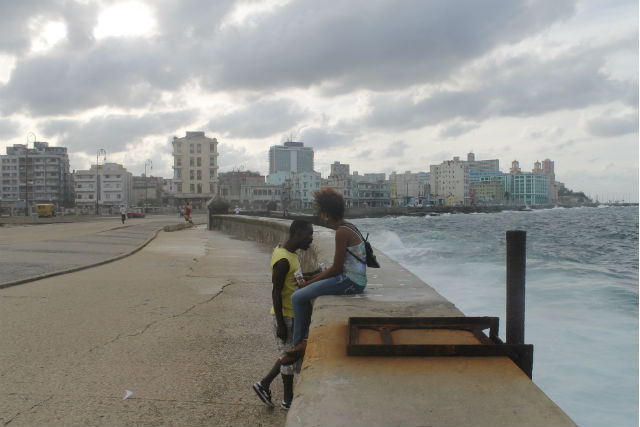
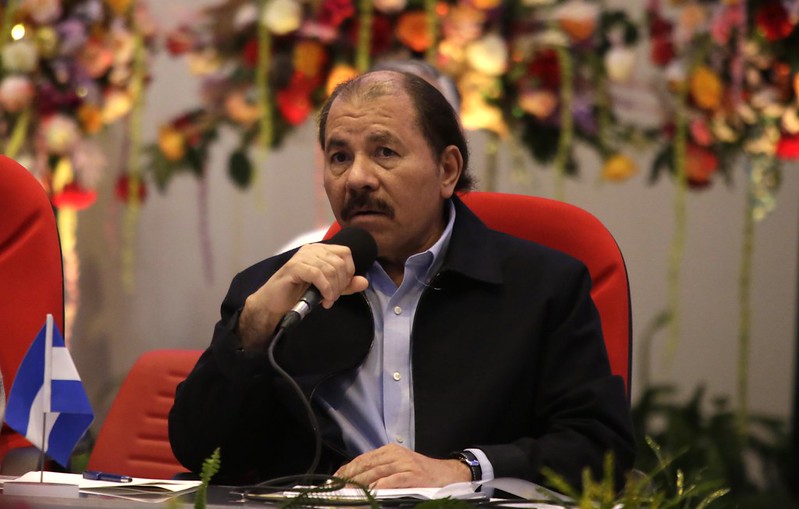
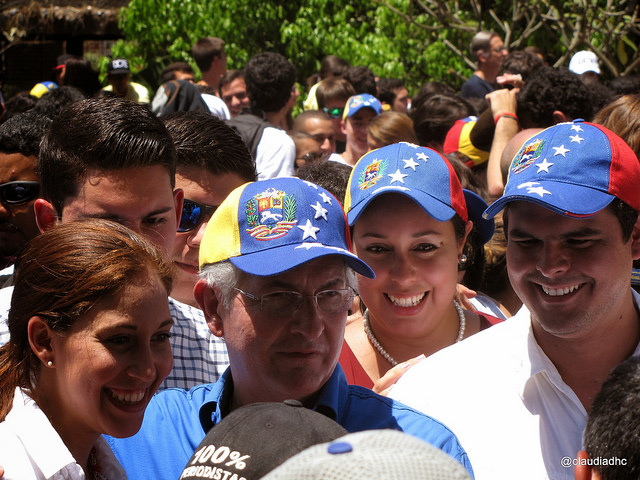


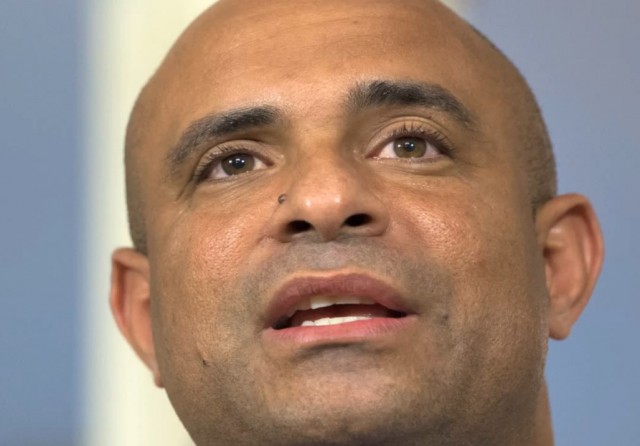
1 Comment
[…] any knowledge of the attack on the students, or that they intervened. In December, Proceso magazine reported that it had uncovered evidence of the army’s involvement in the […]
Comments are closed.